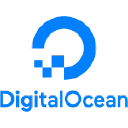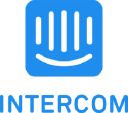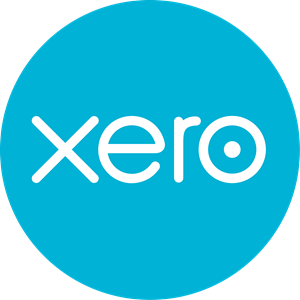We Built A No-Code Platform & Launched Into Public Beta
Note: This business is no longer running. It was started in 2020 and ended in 2022. Reason for closure: Shut down.
Hello! Who are you, and what business did you start?
My name is Elston, co-founder, and CEO of Forma. We are a no-code platform workflow builder to empower businesses to digitize and automate their business. Our target audience is Small and Medium Businesses (SMBs) all around the world. They could range from an employee team size of 1 to 500. We are industry or vertical agnostic, so any company can use us in their business.
We are currently in a public beta. Meaning companies can use us entirely free. We will charge a usage tier pricing in 2022. So feel free to invite all your co-workers to use Forma to digitize and automate your business. Pay only for what you use.
Our platform’s key advantages are it is highly customizable and yet entirely no code. You don’t need to have any technical skill sets, and you can easily visualize your entire workflow. Check out the gif on how it works.
Think of us as “Lego of Business Process.” Easy and creative;





























